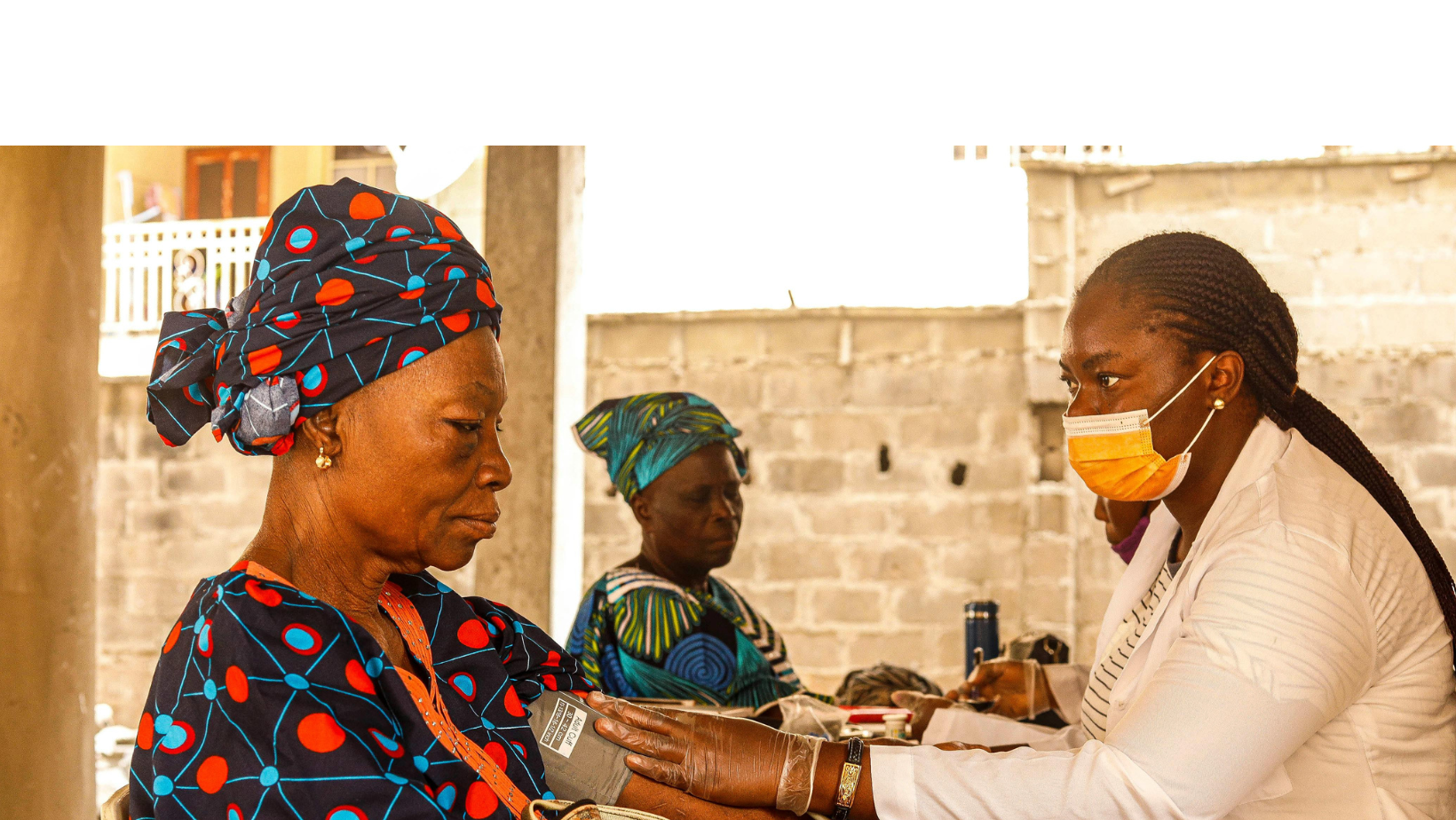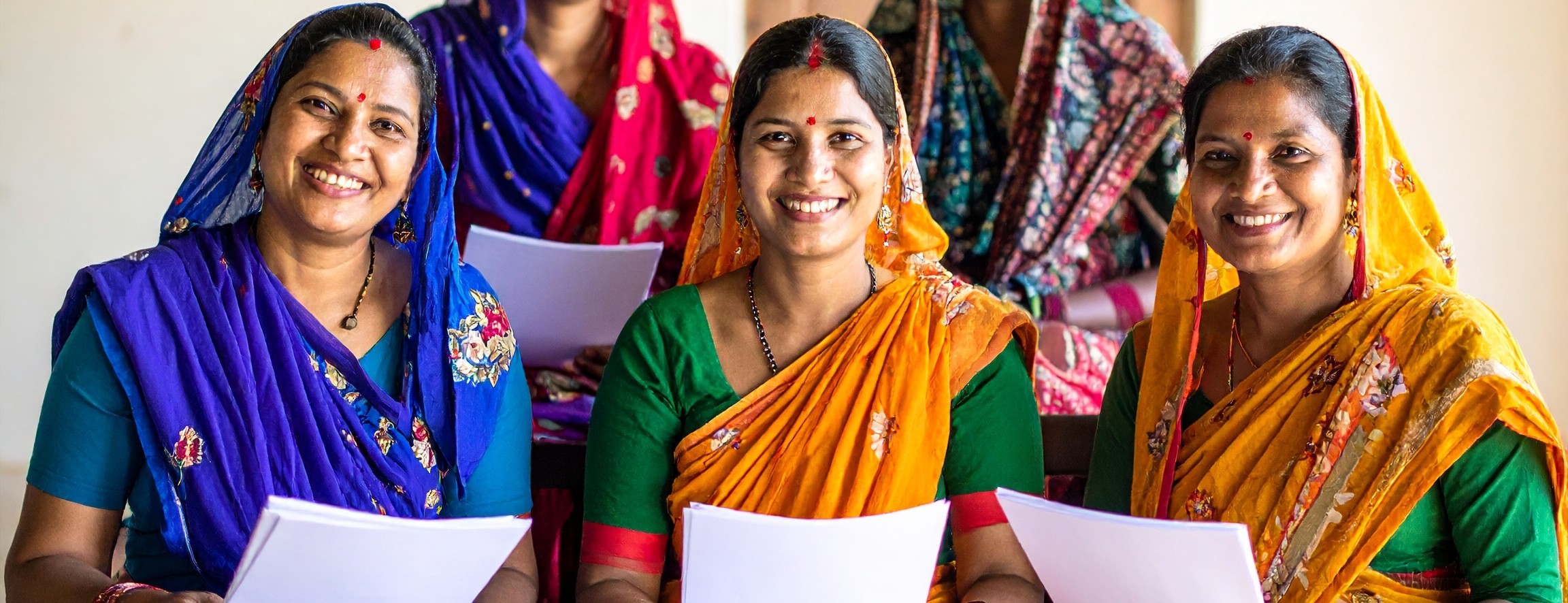Our insights
Enhancing financial inclusion and education with technology: The case of FECECAM-Benin
This blog delves into the impact of the project in Benin with FECECAM, highlighting how it has enhanced clients' access to and utilization of financial services. It showcases the project's role in expanding outreach and delivering secure, accessible financial solutions, with a particular focus on empowering women and youth.

Making financial services accessible to low-income populations using digital solutions, Benin
SCBF’s grant to FECECAM in Benin, in collaboration with CFI, played a crucial role in scaling up the digital Planned Saving program. This initiative helped in expanding outreach, providing secure and accessible financial services, particularly to women and youth. By empowering these groups economically, the program contributed to improved living conditions. Additionally, a financial education program was integrated to support the scaling of financial products and foster a culture of financial discipline. To assess the impact, a study was commissioned by SCBF to evaluate how the project has influenced clients' access to and usage of financial services, their living conditions, and the achievement of institutional objectives.

Empowering the underserved with digital financial services: Case study of ASSILASSIME Solidarité, Togo
This blog explores how ASSILASSIME Solidarité’s personalized approach, integrating non-financial services and technology, empowers clients by improving access to credit and financial management resources.

Making financial services accessible to vulnerable populations in Togo
A study on ASSILASSIME’s project with SCBF in Togo to ease its clients’ access to their accounts, available services, and financial education illustrates how digitalization can improve financial inclusion, customer experience, and operational efficiency for low-income populations and financial institutions.

SympliFi partnerships in Nigeria accelerate affordable MSME financing
The objective of this blog is to showcase how SympliFi’s innovative digital collateral solution—supported by SCBF—is helping Nigerian micro-entrepreneurs access affordable credit by leveraging diaspora support. By connecting guarantors abroad with local borrowers through a mobile app, the initiative addresses key barriers to financial inclusion, enabling business growth, improved well-being, and greater credit access. The blog also explores how product innovations like inventory financing and end-to-end digital lending are overcoming operational bottlenecks to scale impact.

Unlocking financial inclusion for rural women - power of partnerships: Case of Groupe Yeredeme methodology in Mali
This blog explores how the Groupe Yeredeme (GYD) methodology in Mali is unlocking financial inclusion for rural women through the power of strategic partnerships. By organizing women into self-help groups and leveraging collaboration between a local NGO, a microfinance institution, and SCBF, the initiative empowers women with access to savings and credit, enabling them to build resilience and improve their livelihoods.

Building resilience and empowering Rwandan farmers with agriculture insurance
Between 2019–2022, SCBF supported two projects with Acre Africa focused on scaling agricultural insurance and providing financial education to smallholder farmers. Post-project impact assessments, conducted by independent consultants, evaluated the initiatives’ effectiveness, reach, and educational impact. Findings offer key insights for scaling the product and underscore the role of financial education in boosting insurance uptake among Rwandan farmers.

Empowering rural women in Mali through Self-Help Groups
This piece highlights the SCBF-supported Yeredeme project in Mali, which strengthens women’s economic empowerment through rural self-help groups that promote peer learning and financial self-management. Piloted by CAMIDE and Manjari Foundation in Kayes, the initiative significantly improved women’s access to finance and demonstrated strong potential for replication and scale. The case study explores its impact and future prospects.

Making financial services accessible to rural women using SHGs in Mali
A study on the Yeredeme methodology in Mali was conducted to understand how it enables women to access credit and develop income-generating activities that contribute to their empowerment and give them access to microcredit. The infographic illustrates the impact of empowering rural women in Mali through Self-Help Groups (SHGs).





.png)


